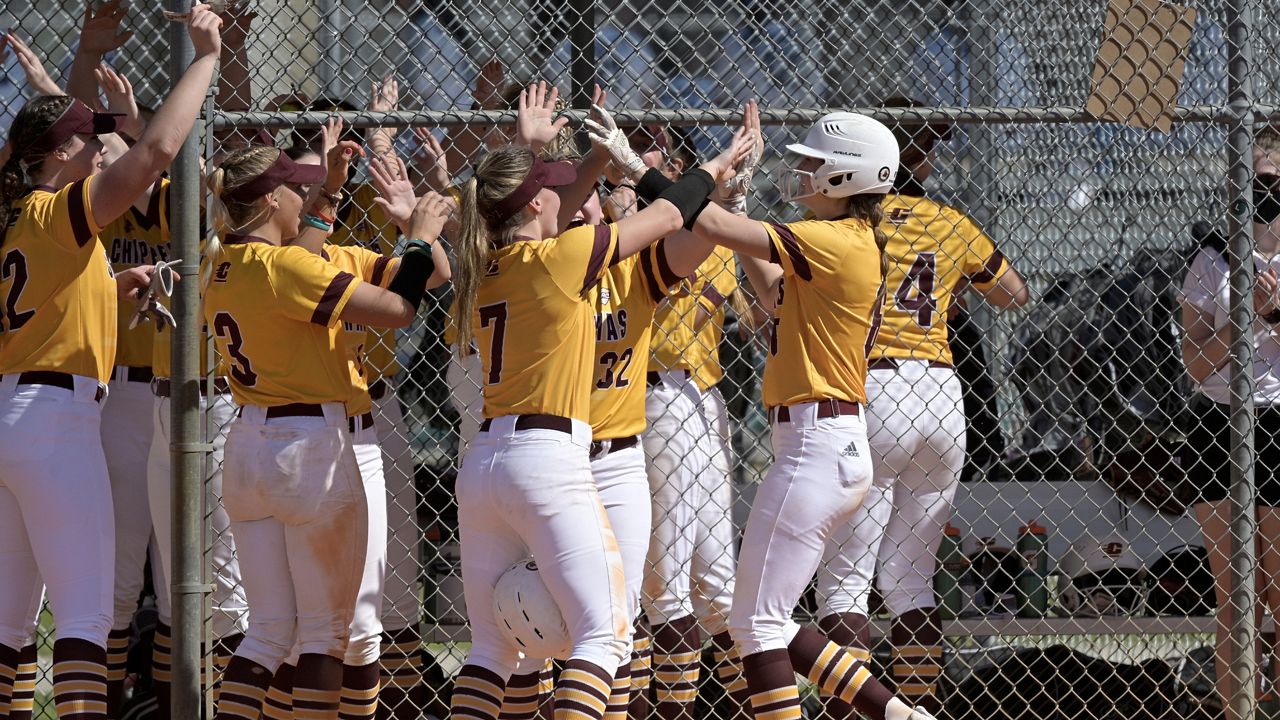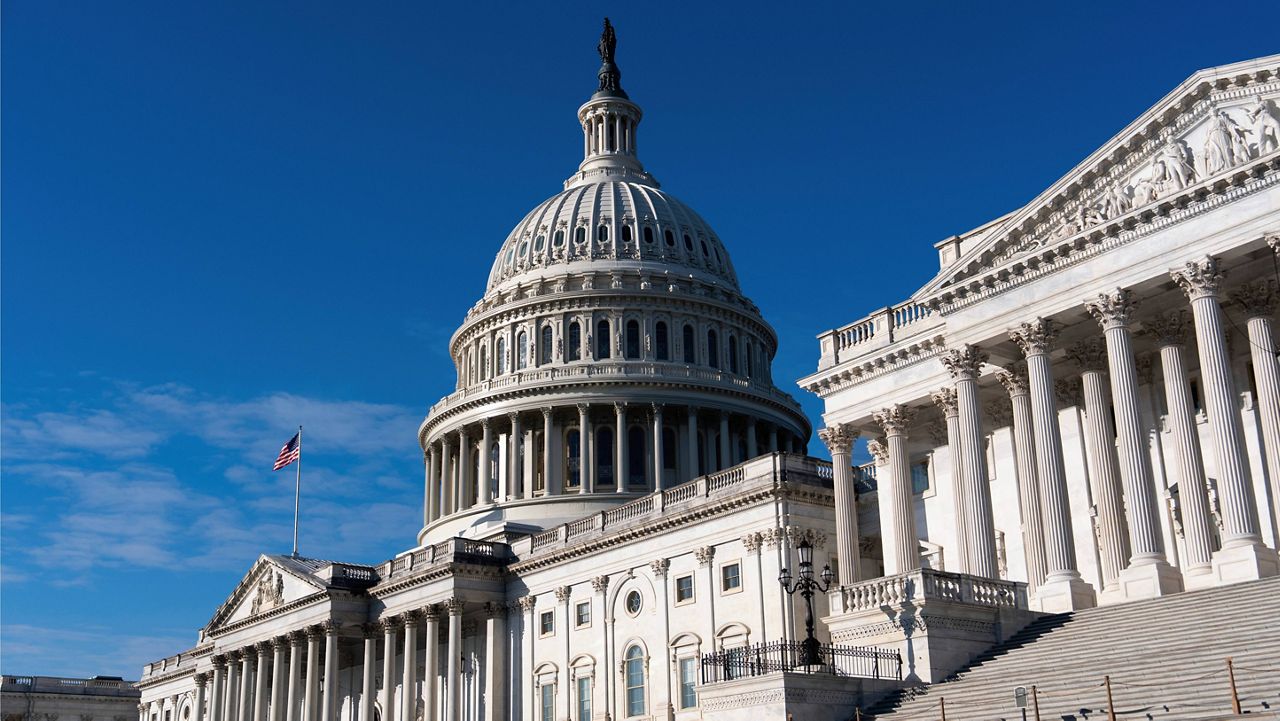Laws that would ban transgender women and girls from competitive school sports teams have been filed in dozens of states in recent months.
A bill filed in North Carolina last week, which mirrors the legislation in other states, reads, “Sex shall be recognized based solely on a person's reproductive biology and genetics at birth.”
The proposed law would mean transgender women and girls in public schools, community colleges, and universities in North Carolina would not be allowed to play sports on women’s and girls’ teams.
"I do not want to wait until biological females are pushed out of female sports, and all of their records are broken, scholarships lost and benefits of excelling are diminishing before this is addressed," Rep. Mark Brody, a North Carolina Republican, said last week after introducing the bill in the state’s House of Representatives.
He introduced the bill on the fifth anniversary of HB2, a North Carolina law that required transgender people to use the bathrooms for the gender based on their sex at birth.
That law, much of which has since been repealed, led Hollywood and a number of big corporations to boycott North Carolina.
“It’s pretty clear that HB358 directly attacks transgender young people in schools who seek to participate in sports,” said Rebby Kern, with Equality North Carolina. The bill “seeks to use invasive and inappropriate questions about young people and their sex assigned at birth in a way that continues to enforce outdated generalizations."
Kern said the North Carolina High School Athletics Association already has policies to allow transgender students to compete in sports. “Those policies are working,” said Kern. “Lawmakers should leave it to the experts to develop eligibility policies for trans students to compete in high school sports with reasonable restrictions to ensure fairness.”
The NCAA approved rules about a decade ago about transgender people competing on sports teams. Those rules say that a transgender women can compete on a women’s team after completing at least a year of testosterone suppression treatment.
North Carolina’s “Save Women’s Sports Act” is part of a national conservative movement to ban transgender athletes from competing in sports.
Conservative lawmakers in more than 30 states have proposed similar measures, including in Texas, Michigan, and Florida.
State legislatures in Tennessee, Mississippi, and Arkansas have already passed these kinds of laws, according to the Save Women’s Sports organization, which is working to pass these laws across the country.
A week before lawmakers filed the bill in North Carolina, a similar bill passed in South Dakota. But Republican Gov. Kristi Noem vetoed part of the bill that banned transgender women in college sports teams.
Idaho legislators passed the first law of this kind in 2020, but that is blocked for now after the American Civil Liberties Union sued the state.
Mississippi’s governor signed the law in that state on March 4, according to the Associated Press.
State lawmakers began debating laws over transgender athletes during the Trump administration.
President Donald Trump issued an executive order banning transgender people from serving in the military, but President Joe Biden overturned that order during his first days in office.








